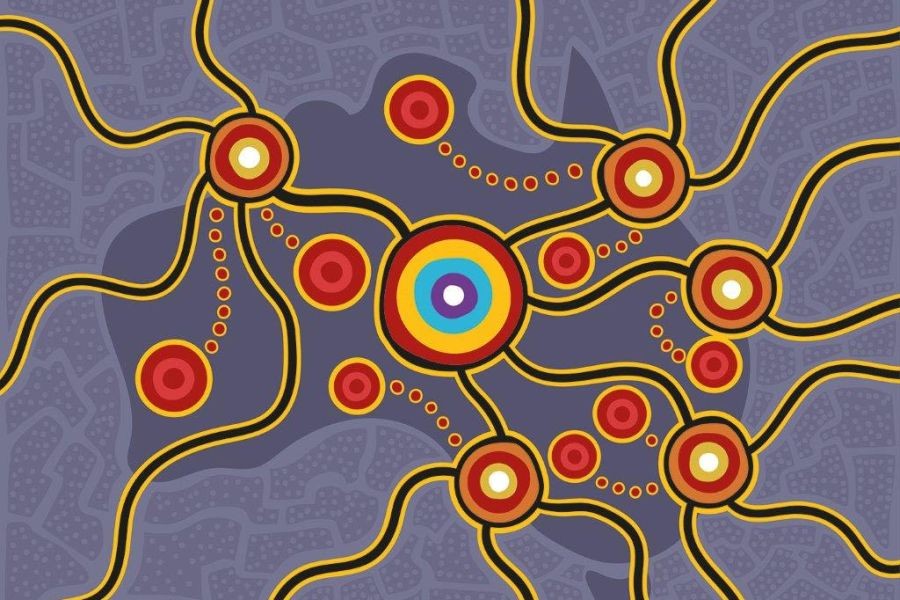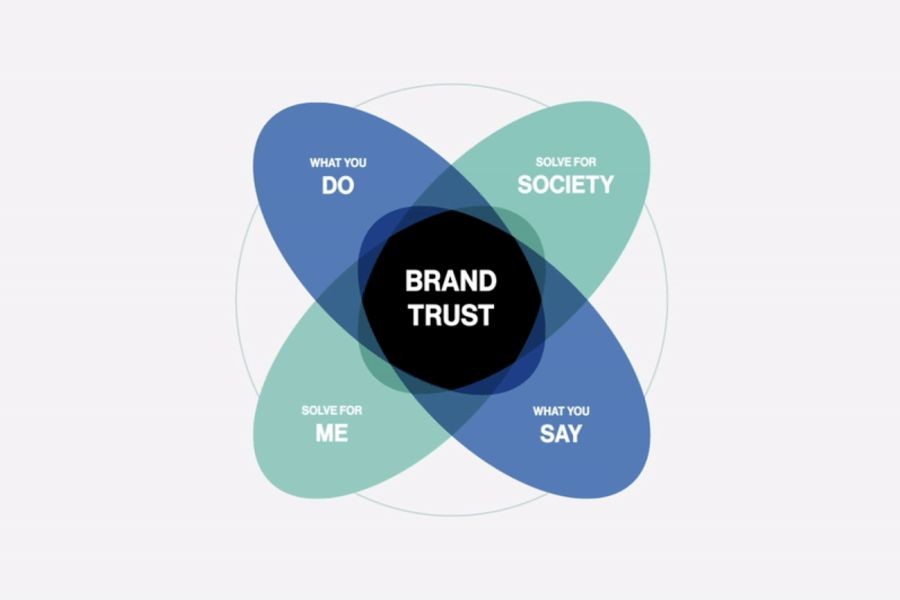New Zealand is a land of striking beauty, rich in culture and history. However, beneath its picturesque landscapes and vibrant cities lies a complex and painful past involving the indigenous Māori people. For healthcare consultants operating in New Zealand, understanding and acknowledging this history is not just about cultural sensitivity—it is a strategic necessity. It affects everything from public health policies to community engagement, impacting both economic outcomes and societal well-being.
The Historical Context: A Legacy of Injustice
The Māori people, who are the indigenous Polynesian people of New Zealand, have faced significant challenges since European colonization began in the 19th century. Colonization disrupted traditional Māori society, leading to loss of land, resources, and autonomy. The Treaty of Waitangi, signed in 1840, promised to protect Māori rights, yet its promises were often unfulfilled, leading to grievances that persist today. This historical context is crucial for healthcare consultants to understand, as it has direct implications for health disparities and access to care among Māori communities.
Real-World Case Study: Whānau Ora Initiative
Case Study: Whānau Ora – A Community-Centered Approach
Problem:
The Māori population in New Zealand has historically experienced poorer health outcomes compared to non-Māori. Issues such as higher rates of chronic diseases and lower life expectancy are prevalent. This disparity is partly due to socioeconomic factors and historical injustices.
Action:
In response, the New Zealand government launched the Whānau Ora initiative in 2010. This program adopts a holistic approach, focusing on the well-being of the whole family rather than just individuals. It empowers Māori families to design their own solutions in health, education, and housing.
Result:
Over the years, Whānau Ora has led to measurable improvements:
✅ Health outcomes have improved, with participating families reporting a 30% increase in access to health services.
✅ Education engagement rose by 25%, contributing to better long-term health prospects.
✅ Community empowerment has strengthened, fostering a sense of agency among Māori families.
Takeaway:
This case study underscores the importance of culturally tailored healthcare solutions. Healthcare consultants can learn from Whānau Ora’s success by integrating culturally sensitive practices into their strategies, thus improving outcomes for indigenous populations.
Data-Driven Insights: Current Health Disparities
According to Stats NZ, Māori have a life expectancy that is approximately seven years lower than non-Māori. Furthermore, Māori are overrepresented in statistics related to chronic conditions like diabetes and cardiovascular diseases. This data highlights the urgent need for healthcare policies that acknowledge and address these disparities. By incorporating Māori perspectives and knowledge systems, healthcare consultants can develop more effective and equitable health interventions.
Common Myths & Mistakes
- Myth: "Cultural sensitivity is just about language translation." Reality: Effective cultural sensitivity involves understanding historical contexts, building trust, and engaging with community leaders (Source: University of Auckland).
- Myth: "All indigenous health solutions are the same." Reality: Each community has unique needs and solutions should be tailored accordingly, considering local customs and practices (Source: New Zealand Ministry of Health).
- Myth: "Economic growth automatically improves health outcomes." Reality: While economic growth can provide resources for healthcare, without targeted policies, disparities may persist or even widen (Source: Reserve Bank of New Zealand).
The Pros and Cons of Current Approaches
Pros:
- Improved Health Outcomes: Initiatives like Whānau Ora have led to significant health improvements for Māori communities.
- Community Empowerment: Culturally sensitive approaches empower communities, fostering self-determination and resilience.
- Economic Benefits: Reducing health disparities can lead to a healthier workforce, boosting productivity and economic growth.
Cons:
- Implementation Challenges: Tailored solutions require substantial resources and collaboration, which can be challenging to coordinate.
- Resistance to Change: Some stakeholders may resist integrating indigenous perspectives due to entrenched biases or misunderstanding.
- Measurement Difficulties: Quantifying the impact of culturally tailored initiatives can be complex, requiring robust data collection and analysis.
Future Trends & Predictions
Looking ahead, the integration of digital health technologies could play a pivotal role in addressing these disparities. A report by NZTech predicts that by 2026, digital health solutions tailored for Māori communities could enhance access to care by up to 50%. Healthcare consultants should focus on integrating technology with cultural competence to maximize impact.
Conclusion & Call to Action
Understanding and acknowledging the painful past of New Zealand's indigenous people is not just a moral obligation—it is a strategic imperative for healthcare consultants. By adopting culturally sensitive approaches and leveraging innovative solutions, we can work towards a more equitable healthcare system. Ready to make a difference? Engage with local Māori leaders and communities to ensure your strategies are culturally informed and effective. Share your thoughts and experiences below—let's foster a collaborative dialogue for change.
People Also Ask
- How does acknowledging New Zealand's past impact healthcare? Recognizing historical injustices allows for the development of culturally relevant healthcare policies, leading to improved health outcomes for Māori communities.
- What are effective strategies for addressing health disparities in New Zealand? Strategies include community engagement, integrating indigenous knowledge, and leveraging technology to improve access to care.
- Why is it important to integrate Māori perspectives in healthcare? Incorporating Māori perspectives ensures that healthcare solutions are culturally appropriate and more effective in addressing specific community needs.
Related Search Queries
- Indigenous health solutions in New Zealand
- Whānau Ora initiative success stories
- Māori health disparities data
- Cultural competence in healthcare
- Digital health technology trends in NZ































